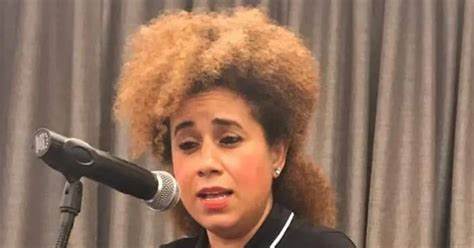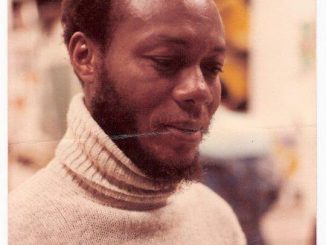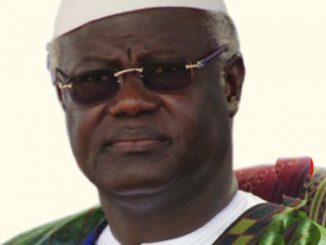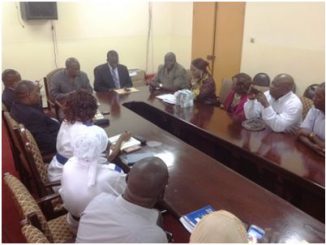
*The Flawed Process Behind the Abolition of the Jury System in Sierra Leone*
By Basita Michael
On the 5th of July 2024, the Sierra Leone Parliament passed the Criminal Procedure Act 2024, which abolished the jury system.This piece does not argue about the merits and demerits of the jury system itself but rather critiques the process leading to its abolition.
In his bid to convince Parliament to remove the jury trial from the Bill, the Attorney General amongst other things stated, “We are the only country within the African sub-region, apart from East Africa, practising the Jury System.” With the greatest respect to the learned AG, this assertion is incorrect. Contrary to the AG’s statement, the constitution of Ghana mandates jury trials for offences punishable by death and life imprisonment. Similarly, in Liberia, the jury system is enshrined in the constitution and remains a critical part of the judicial process. Additionally, several francophone West African civil law systems still make limited use of the jury system. These facts were conveniently omitted by the AG, thereby undermining the integrity of the legislative process.
It is of crucial importance that individuals, including ministers, provide accurate and truthful information when appearing before Parliament. However, it is unfortunately clear that the Attorney General and Minister of Justice on that day, either inadvertently or otherwise, openly made a false statement to Parliament.
When the AG, the principal legal adviser to the government with the mandate to provide effective, efficient, and impartial service delivery to achieve justice for all in Sierra Leone, gives false information to Parliament in such a way, it dims the prospect of any progress in addressing our country’s justice system.
Equally alarming is the manner in which the AG championed the removal of the jury trials from the new Criminal Procedure Act in the well of Parliament. Public consultations on the Bill were conducted on the basis of a draft that included provisions for jury trials, not their removal. The AG’s sudden advocacy for the removal of these provisions while addressing Parliament was contrary to the contents of the Bill submitted to Parliament. It is usually the practice that ministers presenting their Bills to Parliament fervently defend their content. However, in an astonishing move, the AG did the opposite regarding the removal of jury trials.
This raises serious concerns and offers several lessons. We must be more vigilant in the future, ensuring not to trust and take at face value what is presented in a bill for public consultation. There must be a drive to look deeper, as the real intentions behind the passage of Bills may not necessarily be reflected in their letter and spirit.
This situation also highlights several important dimensions that can have a devastating effect on the credibility of the legislative process and democracy. The key questions that arise are: how can the legislative process maintain its credibility and integrity when the public is consulted during the drafting process of a Bill drafted by the Attorney General’s office, and then the Attorney General surprisingly supports a significant change to that Bill in the well of Parliament? Are we to expect the same to happen in the legislative process relating to the constitutional review process and the implementation of the tripartite recommendations?
At a time when trust in institutions is at a record low, the AG’s actions have unfortunately further eroded public confidence.
To restore trust, the President should take a stand for democracy by refusing to sign the Criminal Procedure Act 2024 and send it back to Parliament for reconsideration on the basis that the abolition of the jury system, under such circumstances, is a step in the wrong direction and a grave disservice to the people of Sierra Leone.
There should also be an inquiry into why the AG decided at the eleventh hour to go against the provisions he included in the Bill relating to jury trials. The AG must clarify why he asserted in Parliament that Sierra Leone is the only country in the sub-region with a jury system when this is not true. If the false statement was made inadvertently, the AG must immediately admit this to Parliament and provide the correct information and data.
The very foundation of democracy, justice, and the rule of law depend on trust and credibility. These principles must not be perverted by those entrusted to defend them.




Leave a Reply